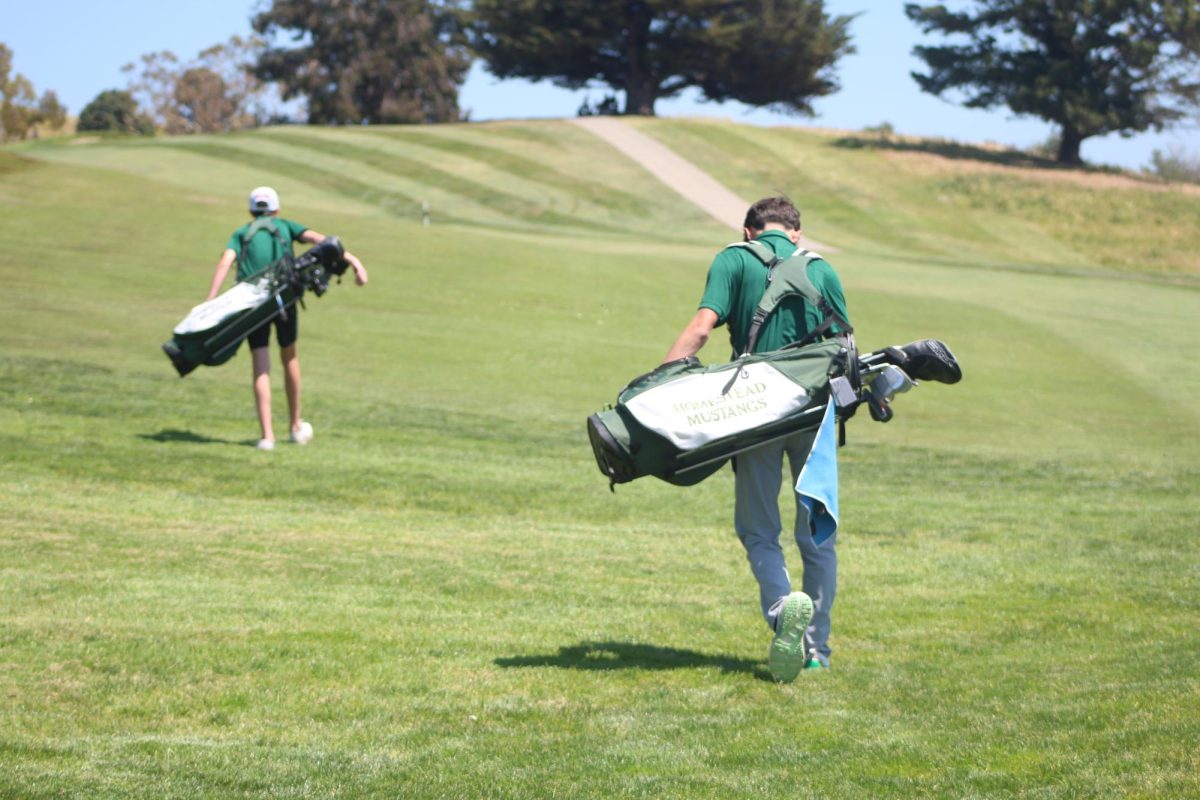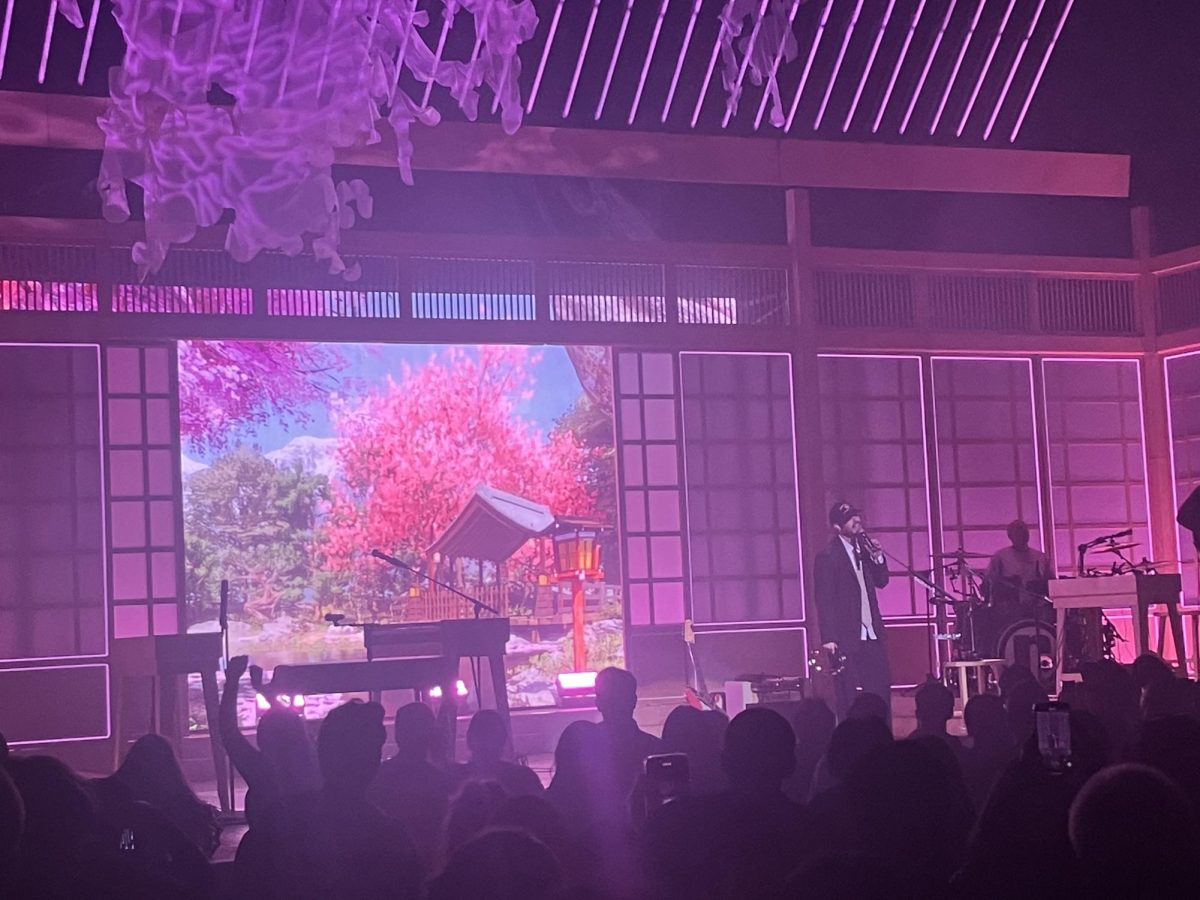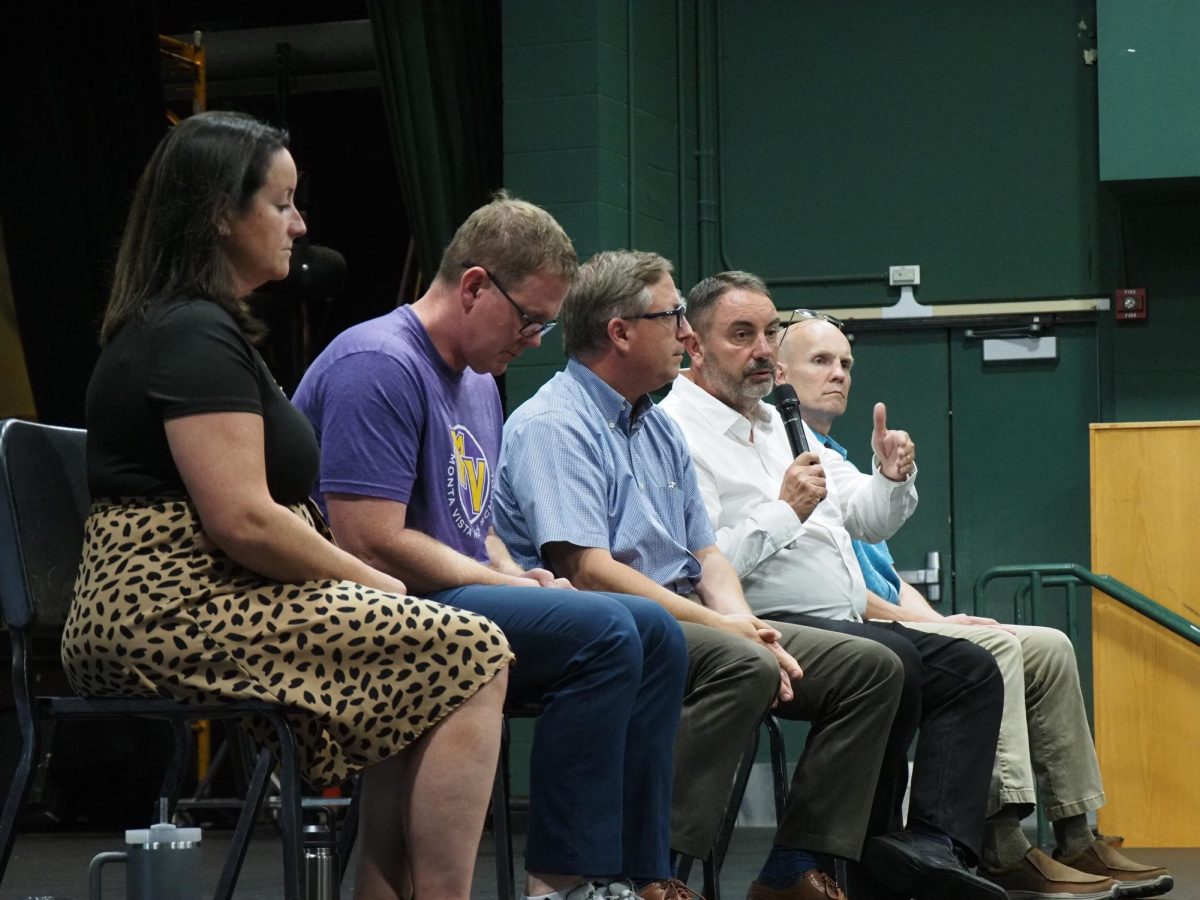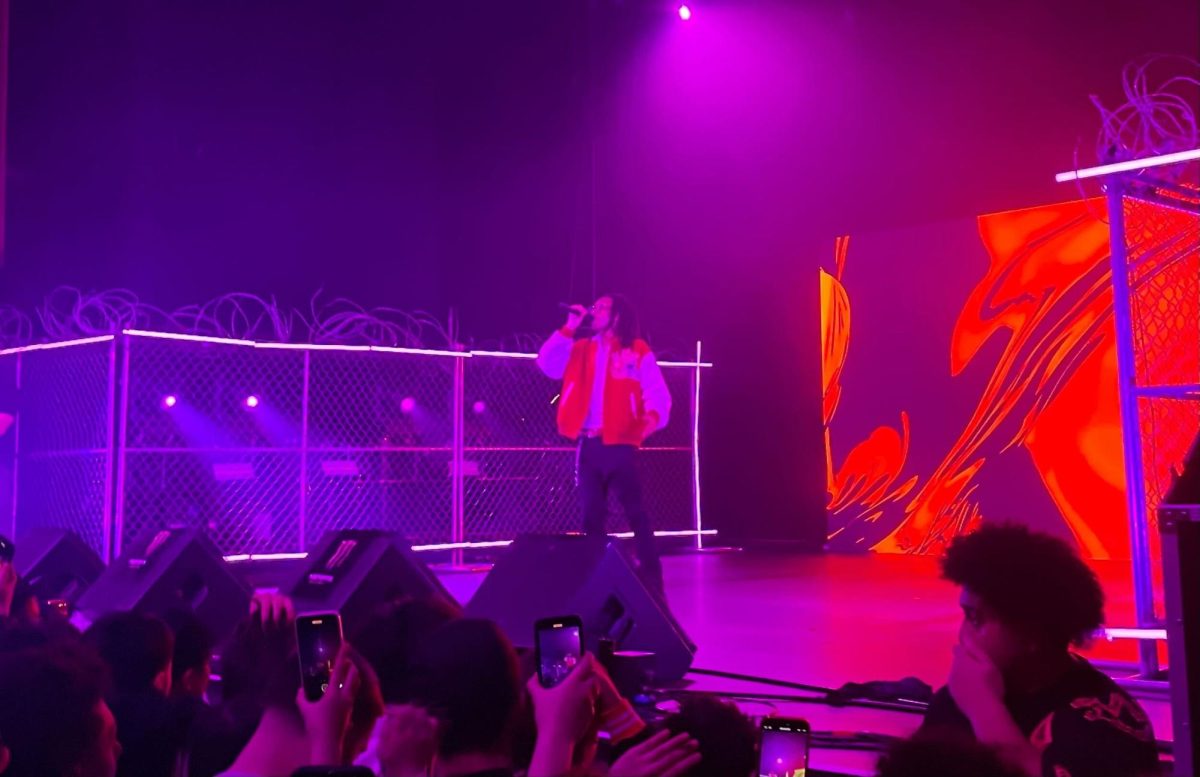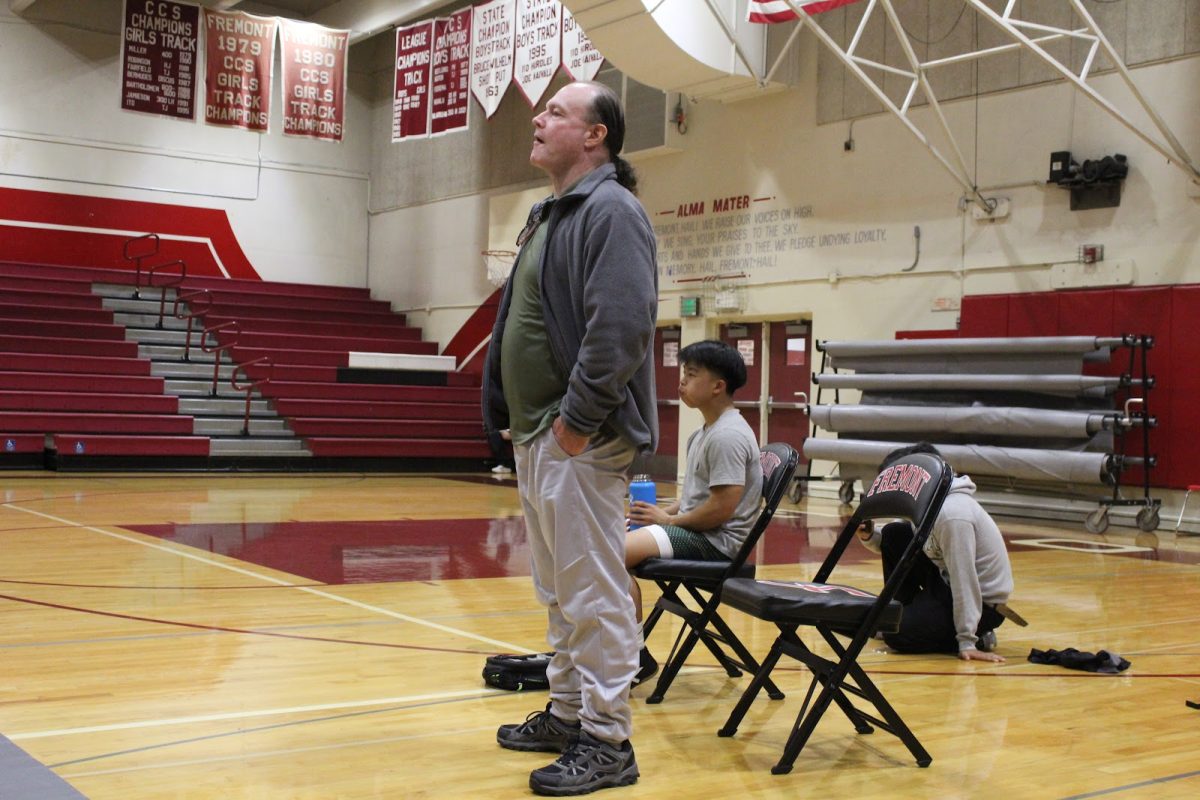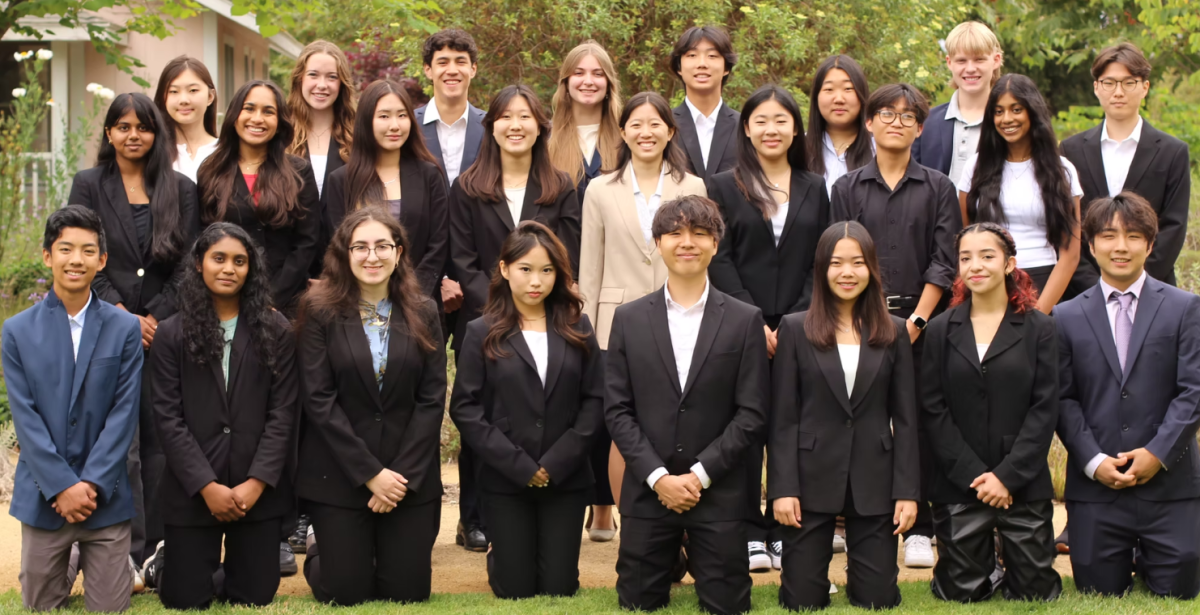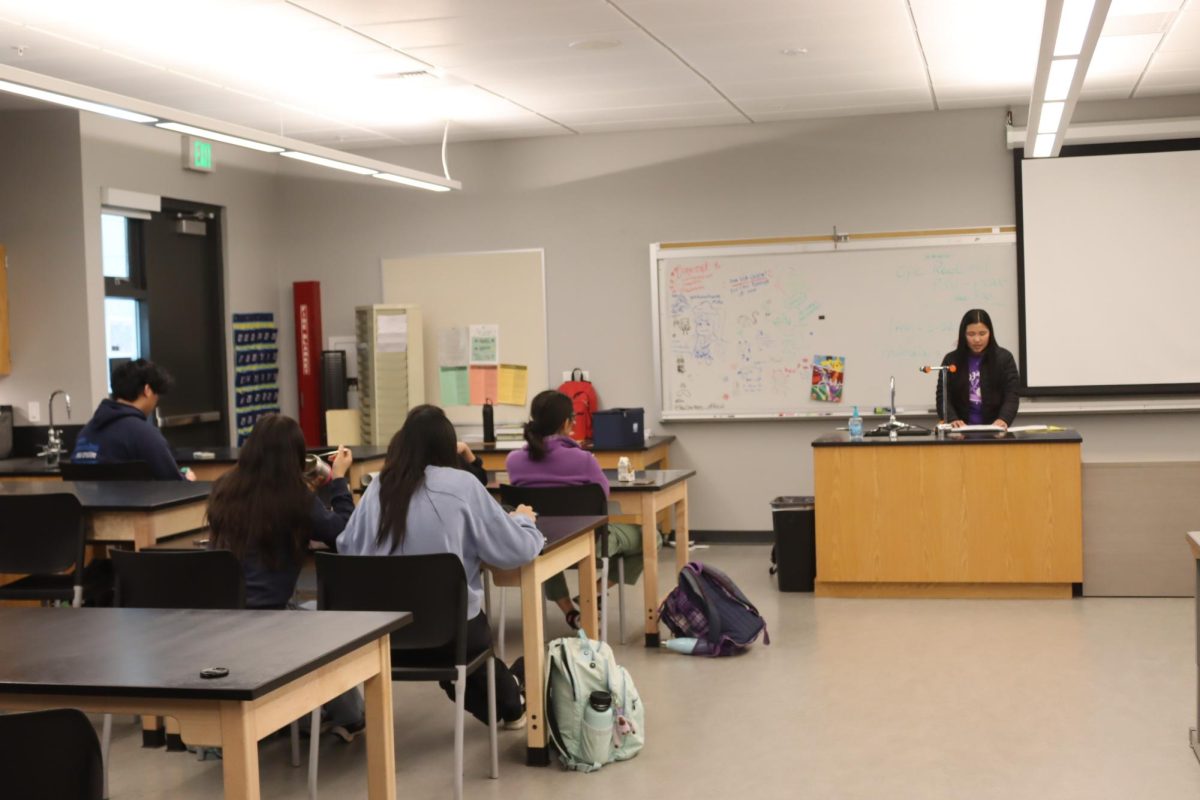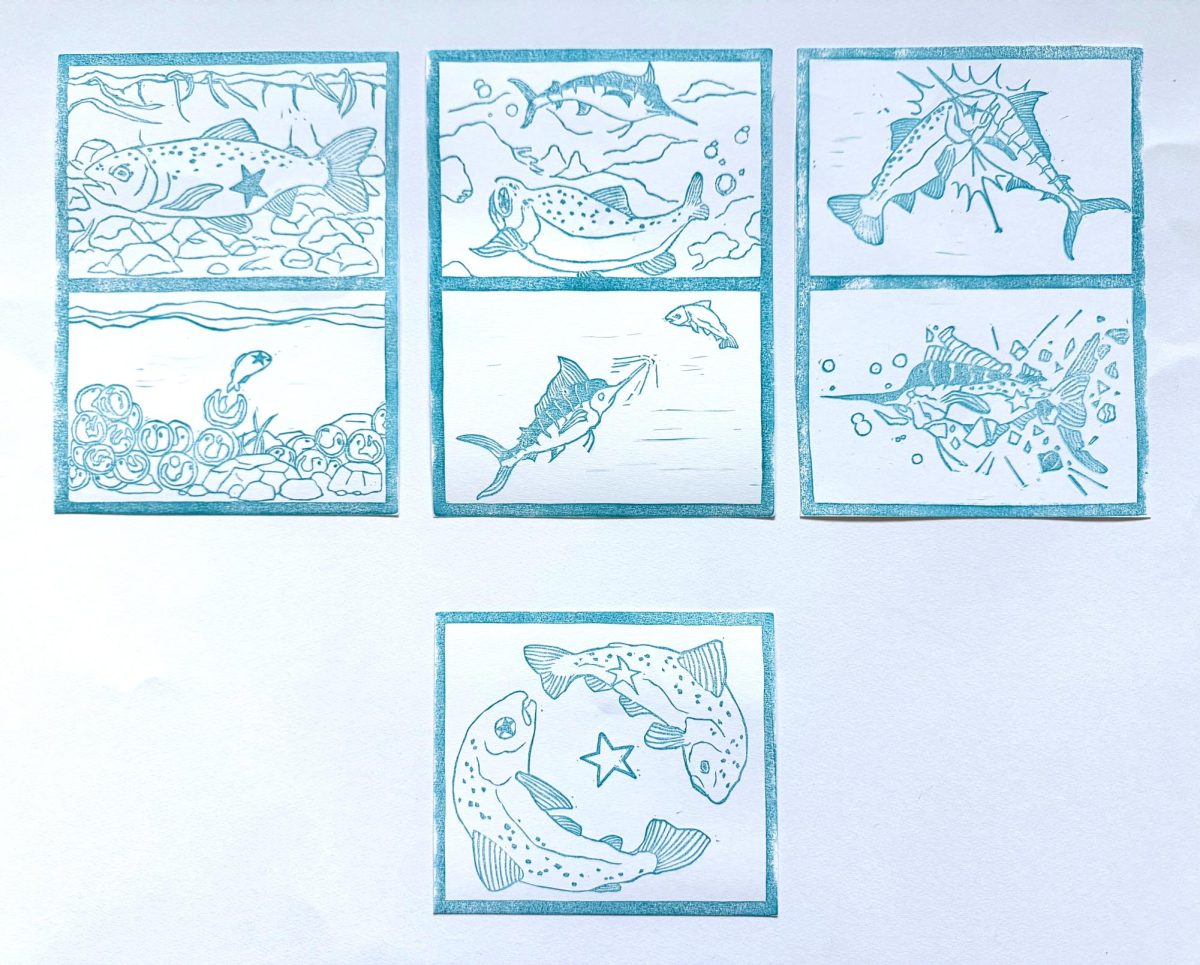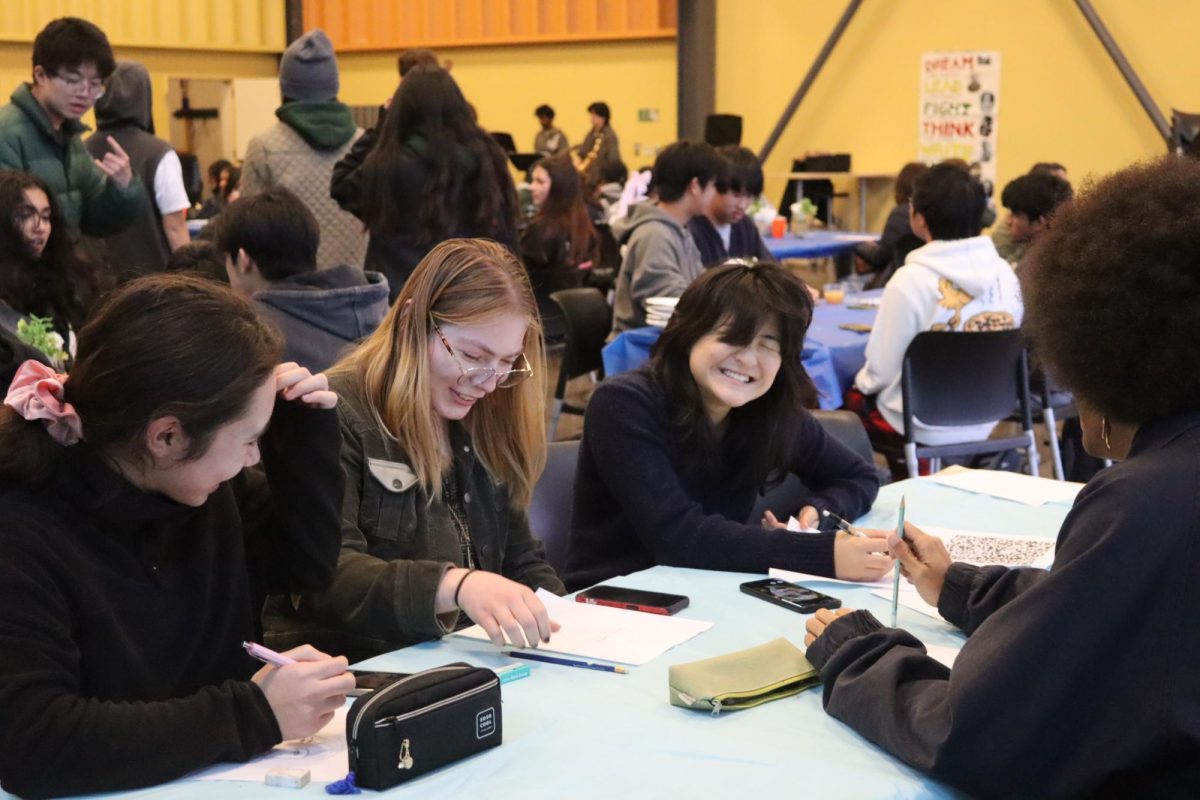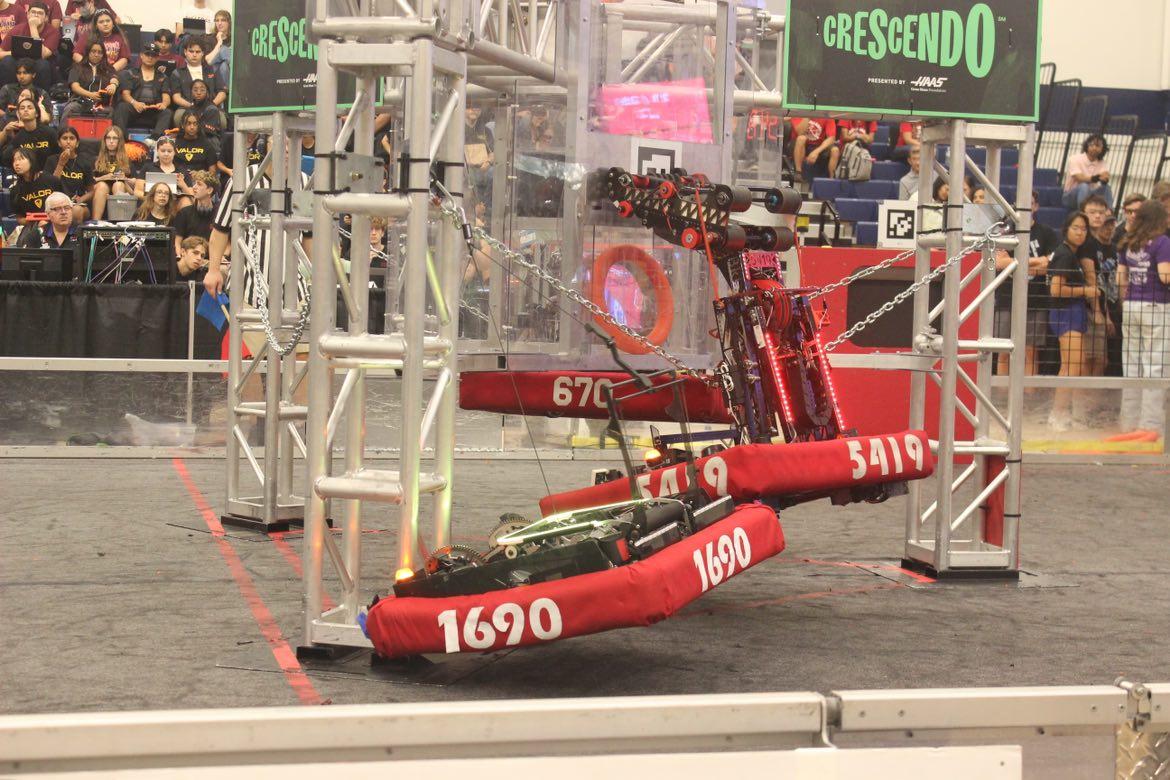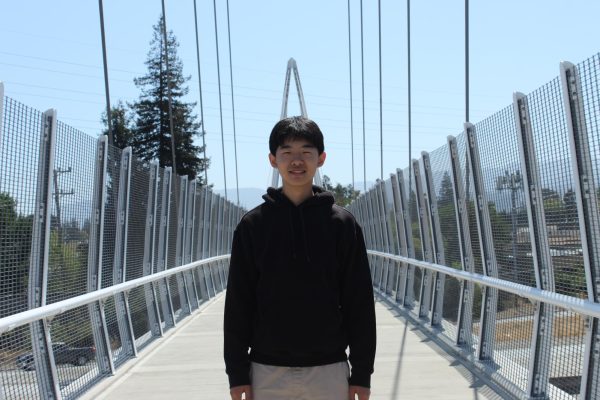Students at HHS often hear about news in America, but they are usually underexposed to news about foreign places, vice president of logistics, junior Anthony MacDonald said. With Model UN, students learn about and investigate the issues affecting other countries’ people, MacDonald said.
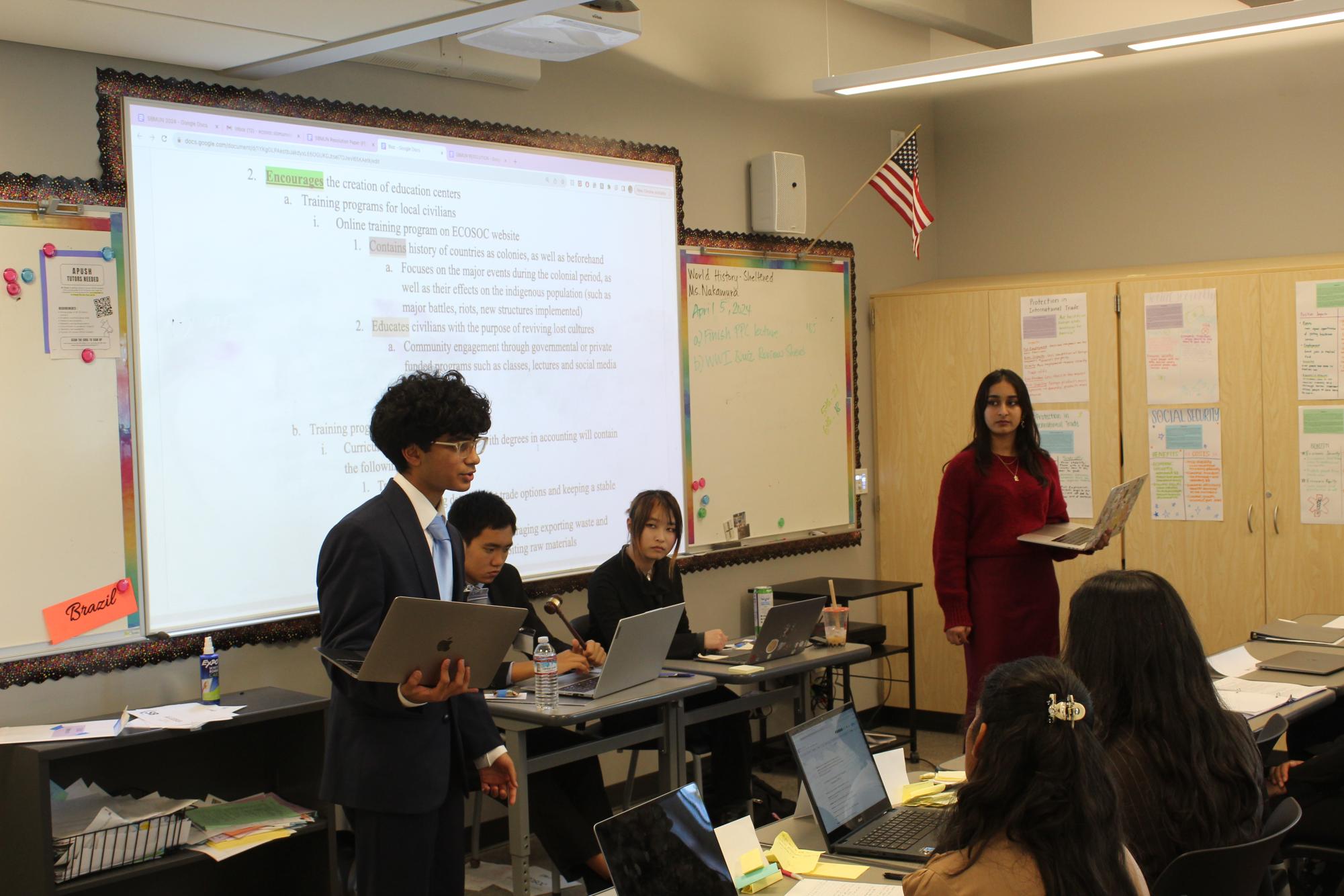
When students participate in a Model UN tournament, they are assigned a country they must represent in debates and negotiations about a modern and relevant topic, MacDonald said. Members must formulate a speech representing the country’s beliefs and positions on the topic, allowing them to learn about its people and their culture, he said.
Model UN lets students gain a variety of skills, such as communication and networking, sophomore Henry Hu said. The club has the unique ability to help members gain confidence in their speaking skills, improving their presentation in front of large groups, Hu said.
“Aside from research, a large part of Model UN is also public speaking,” Hu said. “When you go to a Model UN conference, you have to go up in front of everyone to speak about your country’s policy, potential resolutions, and ideas. So in terms of public speaking, it has helped me develop an on-the-spot confidence when speaking on a topic.”
Another valuable skill vital to Model UN that the club imparts to its members is the significant skill of collaboration, which is vital in both competitions and real life, junior vice president of finance Humza Dalal said.
“You have to work with a lot of people, and sometimes they are people you might find irritating and it might be hard to work with them and under normal situations,” Dalal said. “But I’ve learned how to deal with people I may not agree with, and I’ve learned how to create a good working group environment. Model UN has helped me to learn how to get along and compromise with people I disagree with”
Model UN puts speech and debate in an application-based context, Dalal said. In the real world, people do not debate in the unnatural structure-based format of speech and debate; instead, they debate openly, which is what Model UN does, he said.
“You develop a lot of collaboration skills that aren’t present in the school context, and you get to develop quick thinking and critical thinking skills and apply them to different situations like world issues and geopolitics,” Dalal said. “That’s the reason why I love Model UN.”



